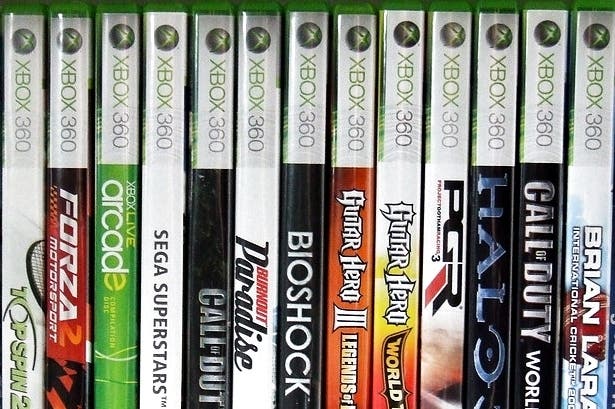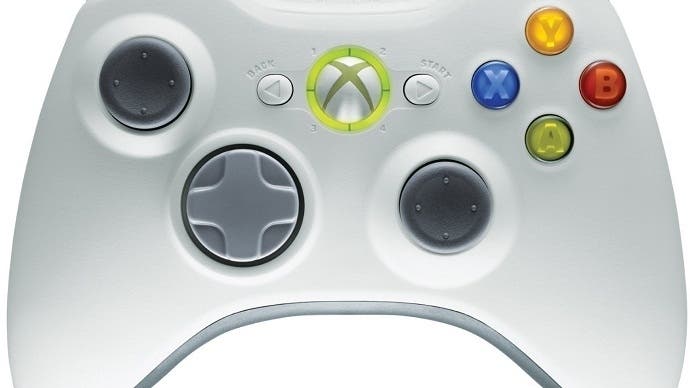Next Xbox won't be backwards-compatible, report says
Xbox 360 support chipped away.
Microsoft's decision to switch to new AMD chips for its next Xbox suggests that the upcoming console won't support Xbox 360 games, a new report has claimed.
The unannounced console, apparently named just "Xbox", will use a variant of AMD Jaguar technology. The switch to x86 PC-style architecture is designed to make game development cheaper and easier for firms already familiar with the standard.
But it also effectively kills backwards compatibility with current-gen games, Bloomsberg reported.

Sony faces the same issue with PlayStation 4 but has already found a solution - it can circumvent the problem by streaming older games using its Gaikai technology.
We've known for a while that backwards compatibility was unlikely.
Veteran analyst Paul Thurrot yesterday revealed that Microsoft intends to launch a cheap $99 (£65) Xbox 360 model alongside the next Xbox, and pointed to this as an indicator that the new console would not support current-gen games.
So, how likely is it that Microsoft could still somehow conjure backwards compatibility in some form?
"Entirely different hardware configurations don't make backwards-compatibility easy," Rich Leadbetter, Digital Foundry's blacksmith of the future told us. "That said, you could say the same thing about the transition from Xbox to Xbox 360, where Microsoft made efforts to ensure that a significant catalogue of older Xbox titles designed with x86/Nvidia hardware in mind worked pretty well on the PowerPC/AMD combo in the Xbox 360. Indeed, some of them actually improved in the transition, with added anti-aliasing.
"Given enough time and resources, a similar form of backwards compatibility could perhaps be implemented on Durango, but the sheer time and effort required to provide flawless compatibility with a handful of titles, let alone a whole library makes this rather unlikely."
Microsoft is set to announce the new Xbox on 21st May, a number of sources claimed yesterday. The machine will apparently launch in November and cost $500, or $300 with some form of subscription.

